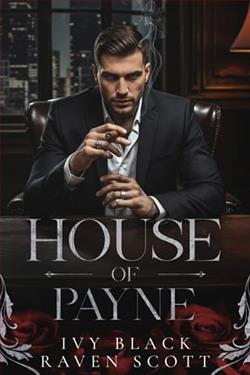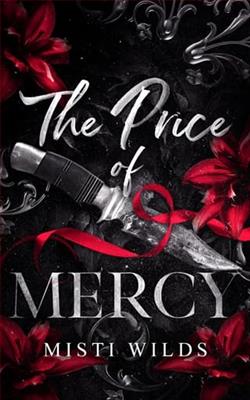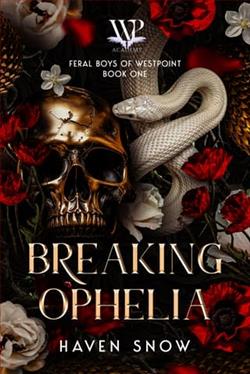Page 105 of Last Light
“A bus?” I whisper.
“That’s no drove.” Travis’s eyes are narrowed as he peers at the vehicles driving two-by-two in a planned formation. “It’s a caravan. I bet it’s a town on the move.”
I know he’s right a minute later when I see a large group of people walking behind the vehicles. Guards with guns are on the perimeters. Kids and seniors are probably on the bus. There’s another bus following the walkers. And then more pickups and SUVs. As many as they can gas for the trip. That’s how many they’ll have taken. They’ll be filled with supplies. Food. Weapons.
When Meadows packed up and left, they did it in the same kind of caravan.
“Bet they’re heading to Fort Knox,” I say. “On this route, where else would they be going?”
“Yep. Probably so.”
I watch the large group crawl slowly down the road. “It’s funny,” I say after another minute. “When I was a kid, I never even thought about what it meant to be part of a town. It was just somewhere you lived. People you knew. Where you bought your food and fixed your car. But now...”
“Yeah.” Even though I didn’t finish my sentence, Travis seems to know what I mean.
Ever since impact, small communities have pulled together in a way they never did before. They have to. It’s the only way to survive. The people who don’t care leave to fend for themselves or join militia groups or hook up with droves. But everyone who stays needs each other.
Meadows meant a lot more to me after the asteroid hit than it ever had before. Last year, if anyone had asked me where I was from, I’d have said Meadows. Not Virginia. Not the United States.
Just Meadows.
Your people are your immediate community now, when it never really felt that way before, living in a nation connected by widespread media and overrun with interchangeable suburbia.
“We could ask ’em where they’re headin’.” Travis has turned to meet my eyes. “If they’re goin’ to Fort Knox, they might let us join up. You’d be safer in a big group like that than you are with just me.”
His suggestion surprises me, although it makes perfect sense.
“I don’t know,” I say slowly. “I think we’re doing fine just the two of us, but I’d be okay with that if you think it’s best. What do you think we should do?”
“I really dunno.” He scans the caravan again with a sober expression.
I wait. I have absolutely no idea what the best course of action would be. I’m not actually too thrilled about joining up with a bunch of strangers. I know and trust Travis. I don’t know or trust any of those people on the road down there.
But I want to be safe, and I want Travis to be safe. If we’re safer in a large group, then that’s what we should do.
“Guess it wouldn’t hurt to ask,” Travis says at last.
“Okay. Worth a try.”
He drives the Jeep out from the trees and starts down the hill toward the road.
We’re not even very close when a shot cracks into the air.
It’s a warning shot, and Travis immediately brakes, pulling to a stop.
“Not very friendly,” I say.
Travis sticks his arm out the side of the vehicle and waves in an attempt to indicate peaceful intentions.
I jump in surprise at another shot. This one isn’t a warning shot. It hits our top, cracking a piece off the corner.
“Fuck,” Travis grits out. He pushes my head down into my lap with his hand on the back of my neck and holds it there as he turns the steering wheel with his other hand, doing a quick U-turn. Even as he’s turning, they take another shot at us.
I huddle down, holding on to the dog, who began to growl and tremble at the first gunshot. Travis keeps his hand on my neck as he accelerates back up the hill.
“Assholes,” I hear him mutter. “Another warnin’ shot woulda done it.”
“They’re scared.”















